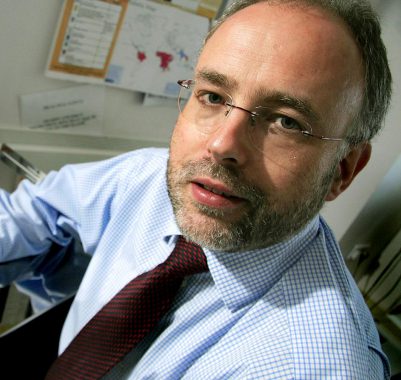Scottish GPC to conduct workload survey despite chair’s opposition

Scottish GPC will conduct a wide-ranging survey of GP workload despite concerns from its own chairman and UK GPC members warning the move could be counterproductive.
Delegates at the Scottish LMCs conference passed a motion calling for the Scottish GPC (SGPC) to ‘ask all GPs working in Scotland to determine their priorities before our elected GP leaders negotiate on any Scottish contract in future’.
To achieve this, a motion was passed calling on SGPC to ‘carry out a comprehensive GP workload survey to inform future policy’ and calling for work to ‘define what GPs are required to do under GMS so that GPs working in Scotland can finally put a stop to the unresourced shifting of work from secondary care’.
SGPC chair Dr Alan McDevitt asked LMCs to reject calls for a survey because ‘we haven’t got time before the next contract’ and warned defining GPs core GMS work could mean even more work for GPs and that they needed to learn to ‘say no’.
Dr McDevitt said: ‘We do listen to [what you want] – if we do achieve a three-year deal we’ll have three years to discuss what happens then and that’s when I think we should take it to the profession, find out what they want and make sure you approve of anything that we subsequently do.’
He added: ‘Defining core as everything you all do now – it’s all things to all people. If we wrapped up all that and said that’s what GPs do now, many of you would have to do a lot more than you do now, it’s very difficult to define.’
However, moving the motion, Dr Iain Kennedy, from Highland LMC, said: ‘I really don’t think it would take much to send a Surveymonkey to every GP in Scotland. It’s the grassroots GPs that we’re representing and I think we should ask them.’
He added: ‘I haven’t said it’s to define core [work] – the reason we’re doing extended hours is because they know we never say “no” but at some point we are going to have to say “no” to something.’
GPC member Dr John Canning that is would be ‘very expensive’ exercise.
Pulse July survey
Take our July 2025 survey to potentially win £1.000 worth of tokens












